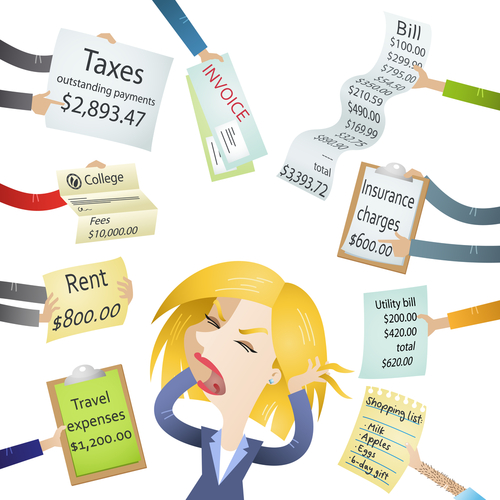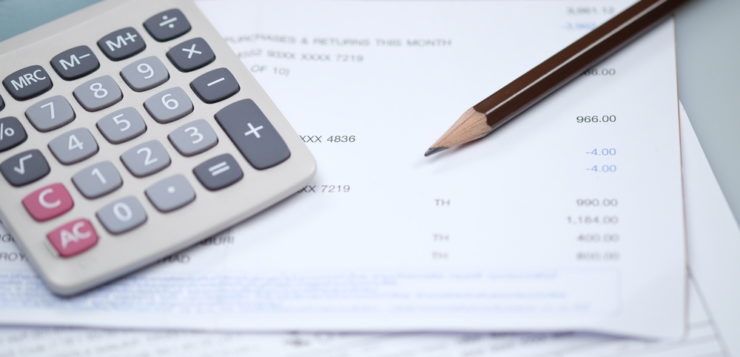After the cost of renting a property, bills represent the second biggest expenditure. So, do you go for an “all inclusive” option or do you “go it alone” and pay your own bills?
Easy budgeting when bills are included

It’s obvious that knowing what you need to pay each month makes budgeting much simpler. The idea of not having to worry about an unexpected “final demand” for that electricity bill you forgot to pay last week is quite appealing. There’s also no need to search through comparison websites or to sign any more contracts. And, when your tenancy ends, there’s no worrying about outstanding bills that might arrive after you’ve moved out. You pay your rent, and that covers it all.
When “all inclusive” isn’t best

Simplicity, unfortunately, often comes at a premium, and the “bills included” option might not be best for everybody. For example, many renters don’t actually spend much time in the rented property — just a couple of hours in the evening to then crash out for the night. They then wake up for work early the next morning, and leave the flat before even having had breakfast, grabbing a quick bite and a coffee on the go. If this is the case, you won’t use your utilities much and paying the bills yourself might be a more economical option.
Read also:
>>> What is DSS
>>>> The Ultimate Beginner’s Guide to Flatsharing
Find the newest rooms available on Roomgo
Pay your own bills and stay in control

If you suddenly find yourself having to buy an unexpected wedding gift for your best friend, you might decide to turn your heating down for a month and save some much-needed cash. This may seem like an extreme example, but you get the idea — when you’re in control of your “consumption”, you’re also in control of your expenses. And, as long as you keep on top of the paperwork, you won’t have any nasty surprises.
So, which option is best for you? Do your research before moving in, because not all landlords will offer you both choices, and then weigh up the pros and cons!






